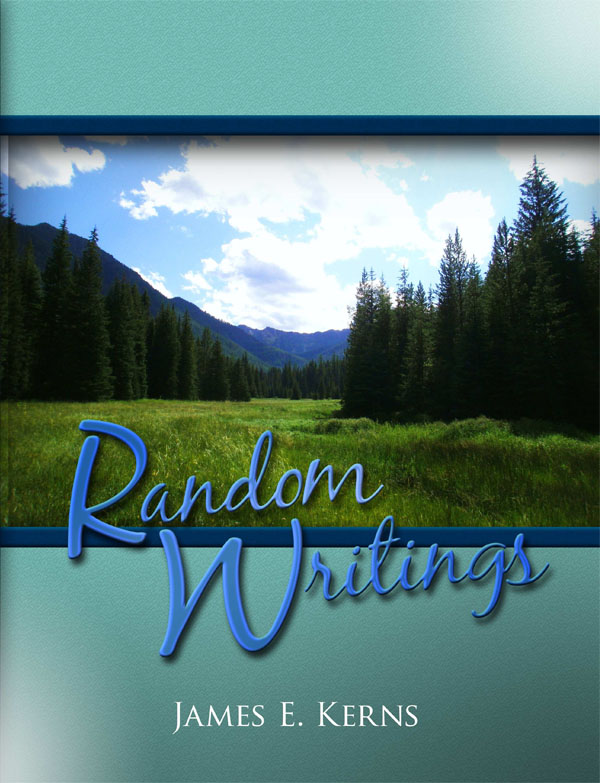What’s the Value of an Education?
What is the value of an education? I asked that question of Adam. His succinct response was: “It taught me how to read!”
“Didn’t you learn a lot in your John Deere program at Walla Walla?” I asked. “You’re the one person who I should think benefitted the most from your education.”
“Everything I needed to know about electrical circuits I learned in Cub Scouts. Mom was my leader. I learned that you have to have a circuit. I learned that a switch opens or closes the circuit. We played with electromagnets. That’s all I needed to know. At school I learned how to put circuits together, but I really didn’t learn anything at school that I didn’t already know.”
I asked myself what I learned at school. I’ve long maintained that the value of an education lies in teaching a person how to think, and where to go for the answers. To that I would add that an education introduces a person to different things and ideas so that he can find what really interests him, and select the direction for his life.
Of all the things that I was exposed to in college, only two have had a lasting effect on my life. One was a technical writing class that taught me how to be precise in my words, and the other was an introduction to a system whereby I could index general conference talks and thereby retain for future use all the wonderful knowledge that is presented in that setting.
“The trouble with education today is that it just teaches you how to take a test,” Adam says. “The kids with the best grades know how to answer the questions on the test, but if you ask them the same questions six months later, their knowledge is all gone. A friend told me about his classmate. He said, ‘She’s on track to become valedictorian of our class, but she’s as dumb as a rock.’ People like that can memorize answers, but they have no idea how to apply them in their lives.”
I myself am acquainted with the girl who became valedictorian, and by observing what has become of her, I can validate the observation about her that the boys made.
Arthur Henry King said, “The scriptures can be a complete education, as has been shown by those in the past who truly educated themselves from the scriptures when they had no other education. But all of us can get something if we will read the scriptures. And, indeed, by reading the scriptures thoroughly, we can get a better education than we can in any other way.
“Learning to read is a lifetime process, and it increasingly has enemies. Its principal enemies at the moment are the mass media and that dreadful thing that our modern life has forced upon us, the need to read quickly. Our major task is not to learn to read quickly but to learn to read slowly—slowly enough to have some understanding of what we are reading. The more quickly we read, the fewer our thoughts will be, but the more slowly we read, the more our thoughts will come thronging in. It is not the speed at which we read that counts, but the speed at which thoughts come.” (Mormon Times, Feb. 20, 2010, pgs. 4-5).
The only one who can educate a person is himself. We know what interests us. It’s our responsibility to learn all we can about that in which we’re interested. We need to read and research, and above all, to think. There is One who knows all there is to know about everything, and it’s His desire to share all of His knowledge with us. If we make the effort to read, learn, and ponder upon the things we learn, He eagerly augments our learning and thoughts through the medium of the Holy Ghost. The best learning comes through the Holy Ghost. That which we learn through the Holy Ghost becomes imbedded in our souls. It becomes permanent knowledge.
The fact that a person has a college education does not make him smart. I know many people who pride themselves in their education and great learning, but they’re totally ignorant about anything that’s really important in life. They are often incapable of rational thought, and of recognizing plain truth when it’s presented to them.
A truly smart person learns to read, reads throughout his life, immerses himself in the scriptures, seeks the companionship of the Holy Ghost, ponders the questions that come to him, and acts upon the knowledge that the Spirit imparts.
